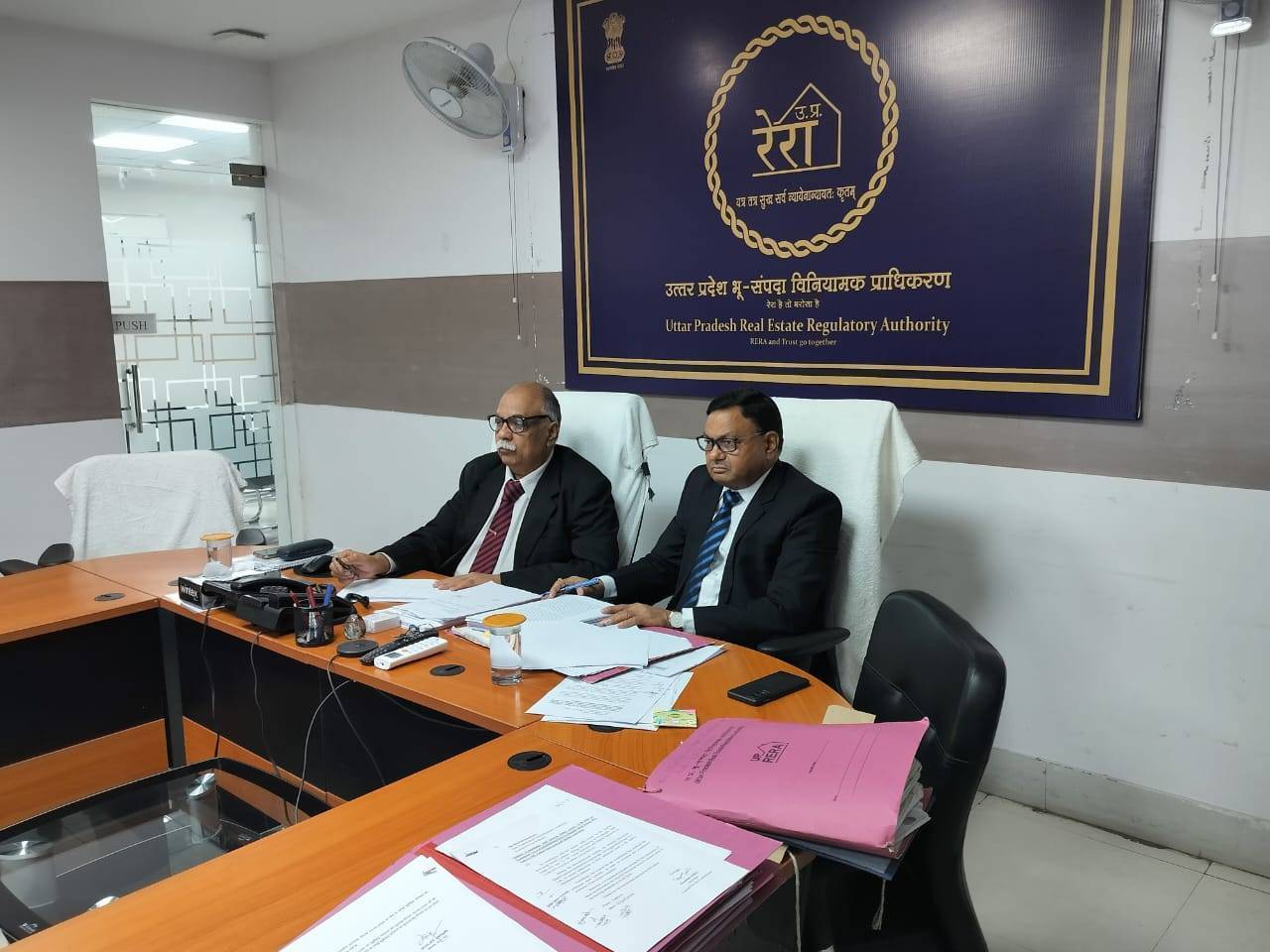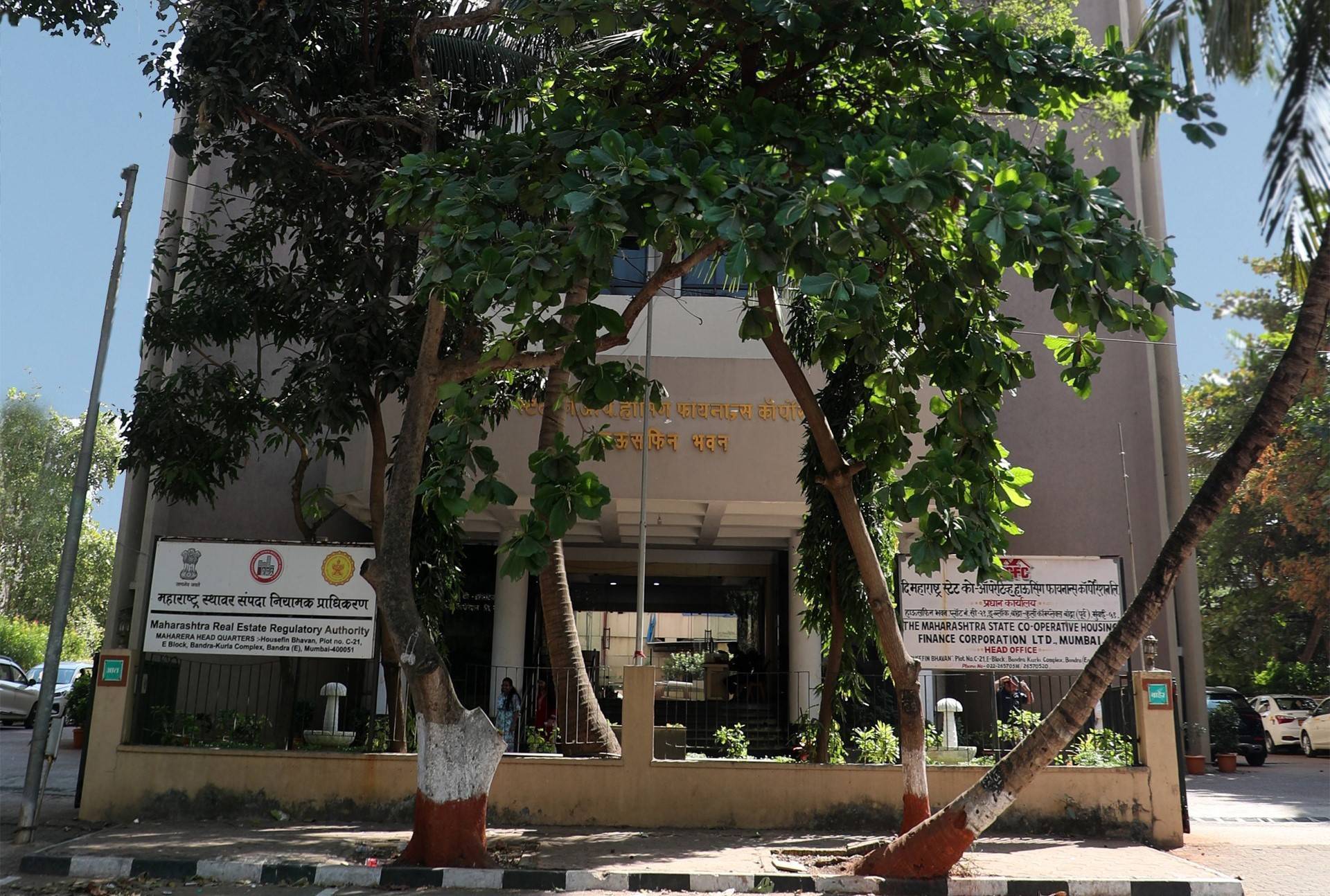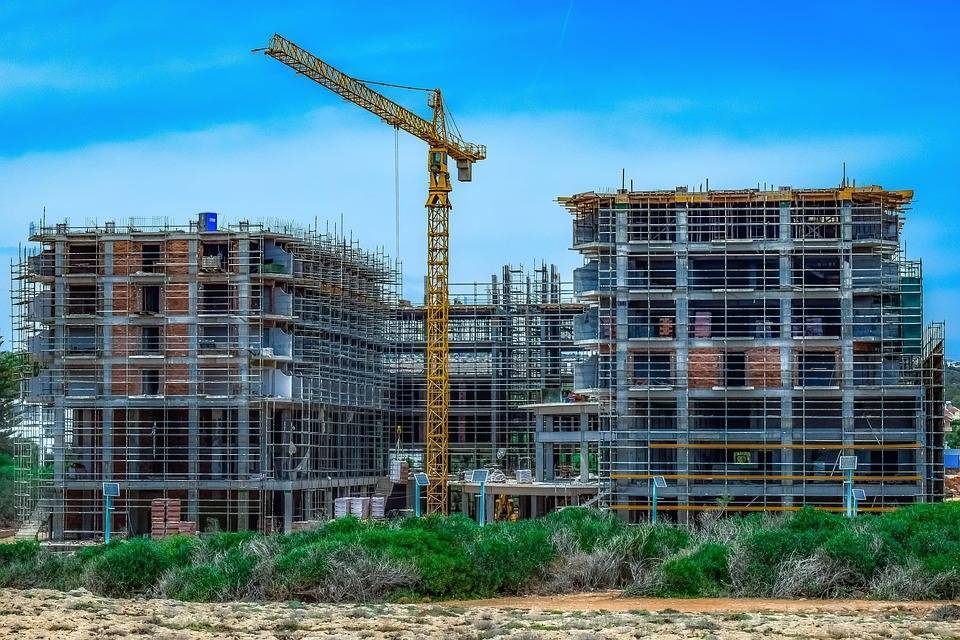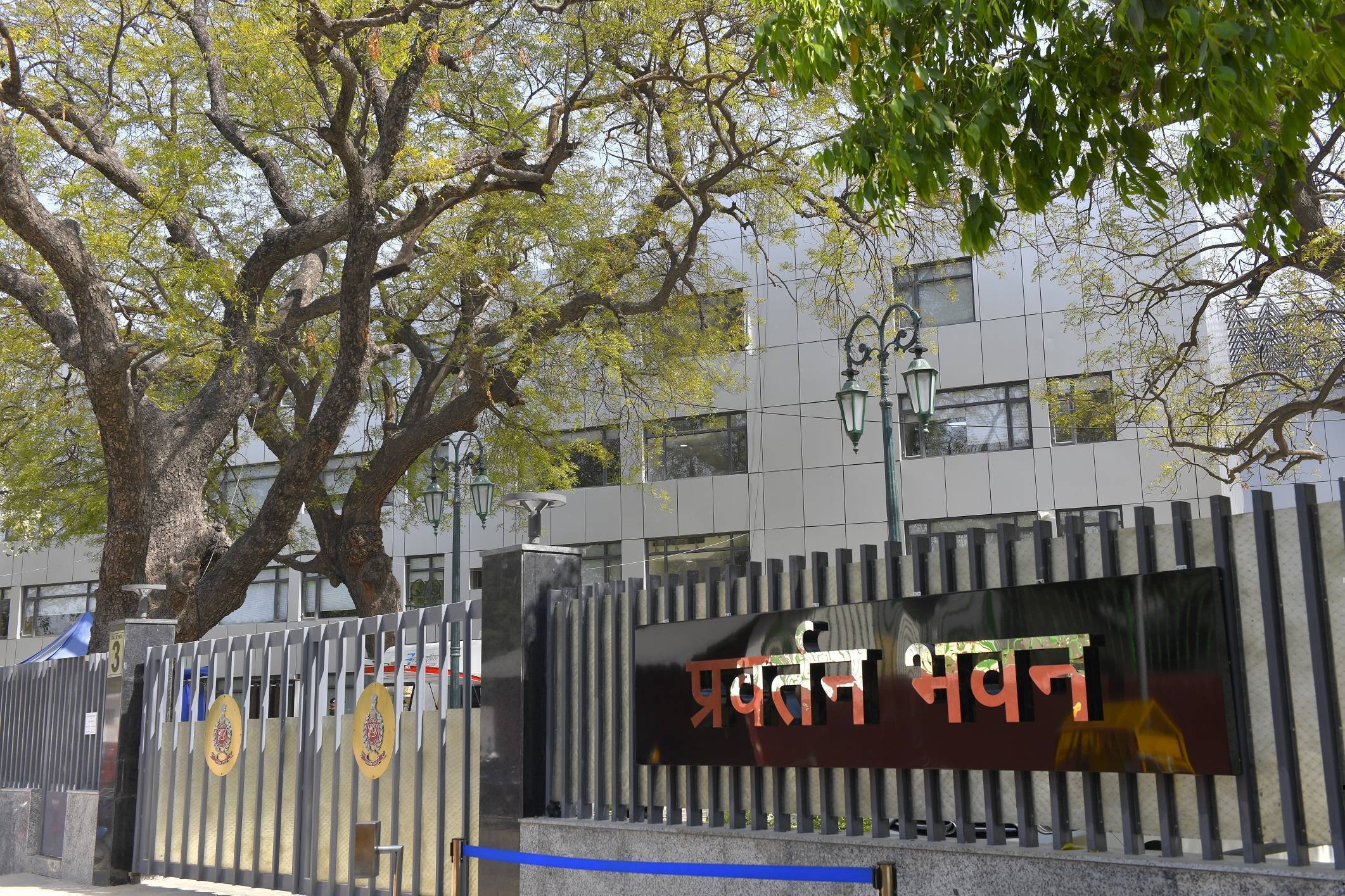The Uttar Pradesh Real Estate Regulatory Authority (UP-RERA) has made a significant move by constituting a division bench at its Lucknow headquarters to handle complaints of a special nature. This newly formed bench, chaired by Sanjay Bhoosreddy, the chairman of UP-RERA, is aimed at enhancing the resolution process for cases involving multiple allottees and ensuring uniformity in decision-making.
The establishment of this bench marks an essential step in the evolving regulatory framework of real estate in Uttar Pradesh, and its formation is particularly relevant to large housing projects and disputes involving associations of allottees (AoA) and resident welfare associations (RWA). By addressing the needs of these groups, UP-RERA aims to streamline the complaint resolution process and deliver timely justice to all stakeholders.
Addressing the Needs of Multiple Allottees
UP-RERA has introduced this division bench with the purpose of handling complaints filed by ten or more allottees of a particular project. Complaints of this magnitude, which typically involve associations of allottees or resident welfare associations, often concern issues related to project delays, deficiencies in amenities, or non-compliance with regulatory standards by the promoters.
Such cases demand a structured approach to ensure that the grievances of multiple allottees are addressed in a fair and consistent manner. By centralizing these complaints under a division bench, UP-RERA aims to provide a more uniform resolution process that avoids contradictory rulings and promotes equity among all parties involved.
The division bench will also handle complaints filed by associations of allottees (AoAs) and resident welfare associations (RWAs), which often represent larger groups of homebuyers with common grievances. In these cases, the collective voice of the residents can highlight systemic issues in a project, such as poor construction quality, non-compliance with promised amenities, or delays in handover.
Handling Cross-Complaints by Promoters
In addition to handling complaints from allottees, the division bench will also be responsible for addressing cross-complaints filed by promoters against allottees. These cross-complaints typically arise when developers or builders allege that allottees have failed to comply with certain contractual obligations, such as delays in payments or violations of the agreement terms.
The inclusion of cross-complaints in the division bench’s jurisdiction ensures that all disputes related to a particular project are handled comprehensively. This not only facilitates a more efficient resolution process but also promotes fairness by giving both allottees and promoters the opportunity to have their grievances heard in the same forum.
Ensuring Uniformity and Quick Enforcement of Orders
According to Sanjay Bhoosreddy, the establishment of a division bench is intended to bring greater uniformity and equity to the decision-making process. In large-scale housing projects, it is not uncommon for different groups of allottees to file similar complaints, but if these complaints are handled by different adjudicating officers, there is a risk of inconsistent rulings.
The division bench, by contrast, provides a centralized mechanism for resolving such cases, ensuring that all parties receive a consistent judgement. This is particularly important in cases involving common amenities, delays in project completion, or other issues that affect multiple allottees within a single project. By addressing these complaints in a unified manner, the division bench can help avoid contradictions and promote a sense of fairness among all stakeholders.
Moreover, the new arrangement is expected to facilitate the quicker and smoother enforcement of orders. Once a decision has been reached by the division bench, the enforcement of that decision can be streamlined, ensuring that allottees receive timely redressal of their grievances and that promoters comply with regulatory standards.
Implications for the Real Estate Market in Uttar Pradesh
The introduction of the division bench is likely to have a positive impact on the real estate market in Uttar Pradesh, particularly for large-scale residential projects. The ability to handle complaints from multiple allottees in a fair and consistent manner will build greater confidence among homebuyers, who often feel disillusioned by delays in project completion or the failure of developers to deliver on promised amenities.
For developers and promoters, the division bench provides a more structured forum for resolving disputes with allottees, which can help reduce the uncertainty and delays that often accompany such cases. By providing a centralized mechanism for handling complaints, UP-RERA is helping to create a more transparent and efficient regulatory environment that benefits both homebuyers and developers.
Conclusion
The establishment of a division bench by UP-RERA is a significant step forward in the regulation of real estate in Uttar Pradesh. By providing a centralized forum for handling complaints from multiple allottees, associations of allottees, and resident welfare associations, the division bench ensures greater uniformity, equity, and efficiency in the resolution of disputes. This new mechanism is likely to have a positive impact on both homebuyers and developers, promoting a more transparent and fair regulatory environment for the real estate market in Uttar Pradesh.
Image source- up-rera.in









.png)